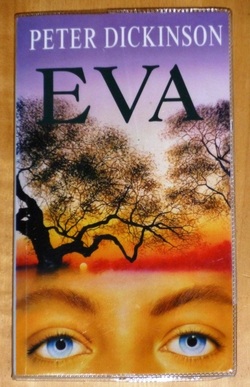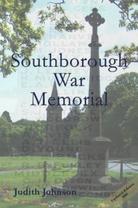
I was really pleased to see recently that Southborough Library had some Peter Dickinson and Kevin Crossley-Holland in stock, although sadly no Michelle Paver. I’d recommend these three writers to any child. I am shocked to see how many bookshops don’t have any of them on sale.
During my own childhood, I loved all the magical worlds I could enter via books - CS Lewis’s Narnia, JRR Tolkien’s Middle Earth; other favourites included E. Nesbit’s Five Children and It, The Phoenix and the Carpet, The Story of the Amulet, George MacDonald’s The Princess and the Goblin, BB’s The Little Grey Men. As I grew, I also enjoyed John Wyndham’s science fiction. It was the beginning of a lifetime’s relationship with reading.
I only discovered Peter Dickinson in the last decade or so. He is a fantastic writer of children’s literature, creating vividly imagined realities, taking you along with him into the minds and lives of others. I particularly like his dystopian novels for children, including the Changes Trilogy.
Eva is a wonderful book. It tells of the changed life of a 13 year old girl, through whose eyes we picture a future, dystopian world. Eva wakes from sleep to find that her essential human self has been implanted into the living body of a chimpanzee. She had been in an irreversible coma, following a car-crash, and her parents had accepted the offer from a pioneering scientist to carry out the procedure. Eva has grown up with chimps in the family, as her father works with them; she is also a girl with deep inner resources, and is able to accept and adapt in a way that most wouldn’t. The book goes on to explore what happens to her, in a world where wild animals and their habitats have been reduced to tiny numbers by the relentless onward march of the human race, which largely puts the highest value on human life before that of every other creature.
There were resonances for me with William Golding’s book The Inheritors, and indeed, towards the end of Eva, there is a line which possibly indicates a nod by the author to that earlier work, published 33 years ago. Of course Eva doesn’t fill in all the details which an adult dystopia might, but it features some profound ideas about our relationship to our fellow creatures and the world about us. Through Eva’s eyes we can appreciate what it might feel like to be more chimp than human: the feeling (echoing Golding’s Neanderthal protagonist) that the forest is a safe, good place, the deep physical connection with the environment and your clan, the strident ways of humans ... and Dickinson does not go for the idyllic happy ending; he leaves you thinking long after you’ve finished reading - this book leaves its mark.
It led me to reflect on how the vestiges of our ape ancestors live on in us - in my case the high-pitched noises I make when I see a new baby, the diaphragm-produced ooh-ooh-ooh-ooh-oooh-ooh response to a particularly cute puppy photo, the childhood joys of tree-climbing, the familiar feeling when I hold fruit in the palm of my hand, the liking for cuddles!
The books that we read as a child are deeply significant - they contribute to our own unique inner map of the world. I’ve occasionally re-read a childhood favourite and met again a principle I’ve lived by. Enid Blyton goes in and out of fashion (though a few librarians tell me they endure as firm favourites with children!), but the Round the Clock stories still inform some part of my moral compass.
If you don’t know Peter Dickinson’s books, I recommend you take the time to acquaint yourself, or a young friend or relative, with them!
http://peterdickinson.com

 RSS Feed
RSS Feed
